When generating tasks dynamically, I need to have Task 2 be dependent of Task 1, Task1 >> Task 2 or task2.set_upstream(task1).
Since the task_ids are evaluated, or seem to be upfront, I cannot set the dependency in advance, any help would be appreciated.
The Component(I) tasks generate fine, except that they all run at once.
for i in range(1,10):
task_id='Component'+str(i)
task_id = BashOperator(
task_id='Component'+str(i),
bash_command="echo {{ ti.xcom_pull task_ids='SomeOtherTaskXcom', key='return_value') }} -z " + str(i) ,
xcom_push=True,
dag=dag)
?????.set_upstream(??????)
